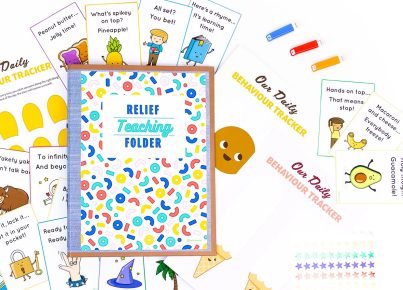Being a graduate teacher can be both exhilarating and challenging. Here are 20 practical tips to help you navigate your new role and make the most of your teaching experience:
1. Develop a Mentor Relationship: Find an experienced teacher to mentor you. They can offer invaluable advice, support, and insights into the teaching profession.
2. Plan Ahead: Ensure that you have a clear plan for each lesson, but also be flexible enough to adapt when necessary.
3. Be Organized: Keep your materials, grades, and lesson plans well-organized. This reduces stress and helps you stay focused on teaching.
4. Establish Classroom Rules: Set clear expectations from day one. Involve your students in the process to encourage buy-in.
5. Build Relationships with Students: Get to know your students as individuals. Build rapport to foster a positive learning environment.
6. Foster an Inclusive Environment: Be aware of different learning styles and cultural backgrounds in your classroom; adapt your approach accordingly.
7. Incorporate Different Teaching Styles: Vary your teaching methods to include lectures, discussions, hands-on activities, and multimedia resources.
8. Encourage Critical Thinking: Challenge students with open-ended questions and encourage them to think critically about the material.
9. Be Patient With Yourself: Remember that it’s okay to make mistakes; learn from them rather than being hard on yourself.
10. Use Assessment Wisely: Use assessments not just to grade but also to understand where students may need additional help or enrichment.
11. Seek Feedback: Regularly ask for feedback from both students and fellow teachers to improve your teaching practices.
12. Stay Current: Keep up with the latest educational research and trends in your subject area to ensure you are providing relevant information.
13. Take Care of Yourself: Make sure to set aside time for yourself—personal well-being is crucial for maintaining energy and enthusiasm in the classroom.
14. Communicate Effectively: Whether you’re speaking with students or parents, clear communication is key.
15. Use Technology Wisely: Integrate technology into the classroom in meaningful ways that enhance learning rather than distract from it.
16. Collaborate with Colleagues: Share ideas with other teachers; collaborative planning can lead to innovative teaching strategies.
17. Set Professional Goals: Identify what you want to accomplish in your teaching career; continuous professional development is essential.
18. Understand Your School’s Culture: Each school has its unique culture; understand it so that you can navigate it effectively within it.
19. Manage Your Time Effectively: Prioritize tasks and avoid procrastination; good time management is crucial for balancing the demands of teaching.
20. Reflect Regularly on Your Practice: Take time each week to reflect on what worked well in your classes and what could be improved upon.





